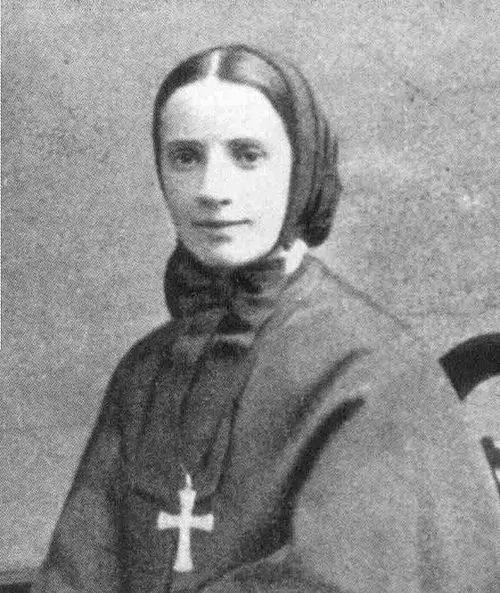
Eugenius II of Toledo: A Pillar of Early Medieval Spirituality
Eugenius II of Toledo, a prominent figure in the ecclesiastical history of Spain during the early medieval period, served as the Archbishop of Toledo from approximately 646 until his death in 657 AD. His leadership played a crucial role in the religious and cultural landscape of Visigothic Spain, ultimately shaping the development of Christianity in the region.
Early Life and Career
Little is known about Eugenius II's early life prior to his appointment as Archbishop. Historical records indicate that he was likely born into a noble family, which afforded him the educational opportunities necessary for a future ecclesiastical career. His scholarly background and theological knowledge positioned him as a significant candidate for the archiepiscopal seat in Toledo.
Archbishop of Toledo
Eugenius II ascended to the archbishopric during a time of significant religious transformation within the Visigothic kingdom. His tenure was marked by a commitment to the promotion of the Christian faith amid a society still deeply influenced by Arianism, a heretical branch of Christianity that diverged from mainstream Orthodox beliefs.
Contributions to Doctrine and Theology
One of Eugenius II's most notable contributions was his advocacy for Trinitarian doctrine, reaffirming the Nicene Creed and opposing heretical beliefs. He convened councils to address theological disputes and foster unity among the Christian communities. The Second Council of Toledo, held in 646, marked a pivotal moment, as it affirmed the doctrine of the Trinity and condemned Arianism. Through his efforts, Eugenius II sought to solidify the foundations of Orthodox Christianity in Spain.
Political Influence and Relations
The role of the Archbishop of Toledo extended beyond spiritual leadership; it was deeply intertwined with the political dynamics of the Visigothic kingdom. Eugenius II was known to have maintained close relationships with various kings, which allowed him to exert considerable influence over both ecclesiastical and secular affairs. His counsel was often sought in matters of state, and he played a key role in the political landscape of the time, utilizing his authority to advocate for social justice and the rights of the marginalized.
Cultural and Educational Advancements
Eugenius II's impact was not limited to doctrine and politics; he also championed the promotion of education and culture within his archdiocese. Under his leadership, Toledo became a center of learning, attracting scholars and theologians. He established schools and libraries, fostering literacy and theological discourse. This commitment to education would have lasting effects on the intellectual growth of the region, laying the groundwork for the later development of Spanish literature and philosophy.
Legacy and Canonization
Following his death in 657 AD, Eugenius II's influence continued to resonate within the Church. He was revered for his commitment to Orthodoxy, social justice, and the promotion of education. He was later canonized, solidifying his status as a saint within the Catholic tradition. His feast day is celebrated on October 15, commemorating his contributions to the Christian faith and his unwavering dedication to the Church.
Conclusion
Eugenius II of Toledo stands out as a significant figure in the early medieval history of Spain. His commitment to Orthodoxy, advocacy for education, and influence on social issues highlight the essential role of ecclesiastical leaders in shaping the moral and cultural fabric of society. Today, he is remembered not only as a religious leader but also as a pivotal figure in the development of early medieval European Christianity.






